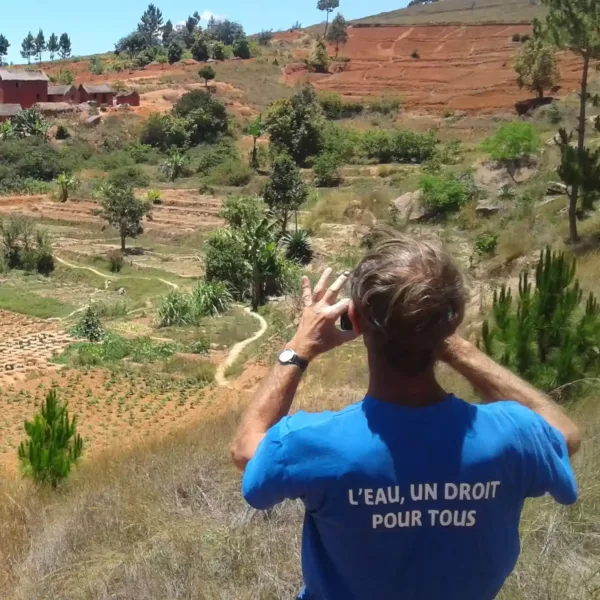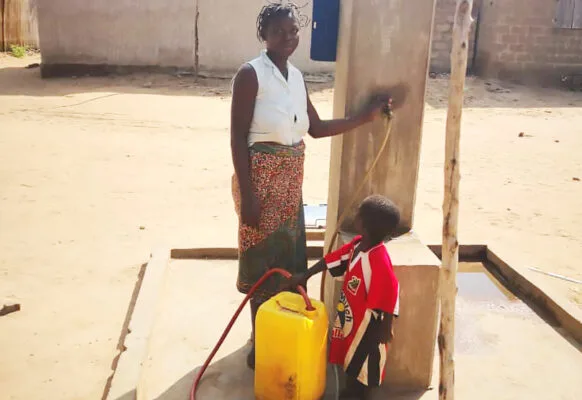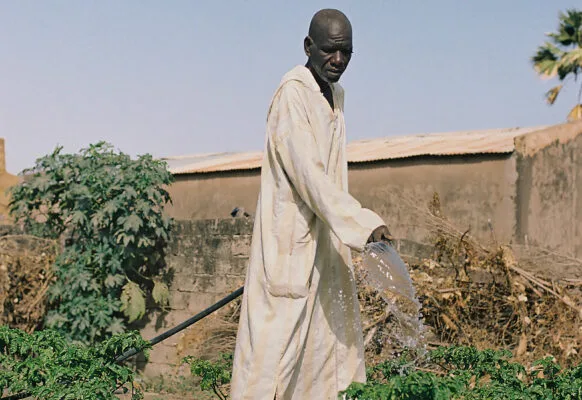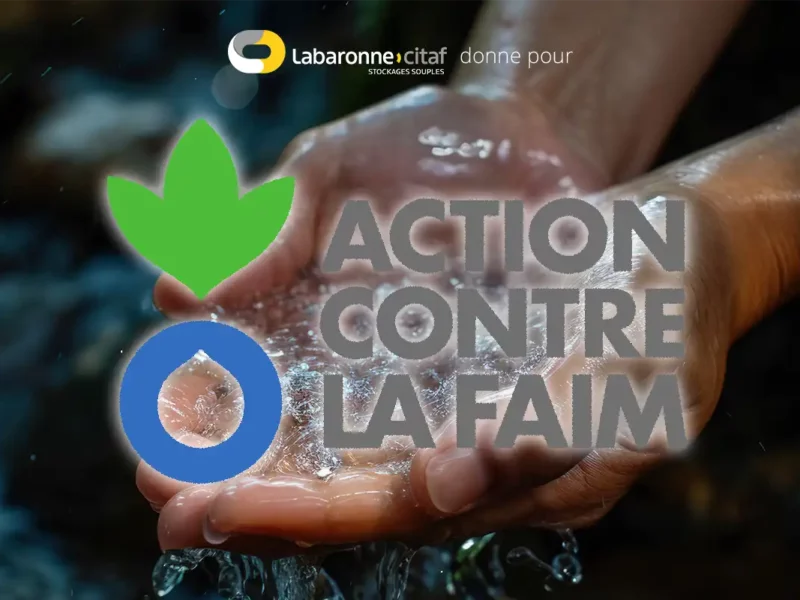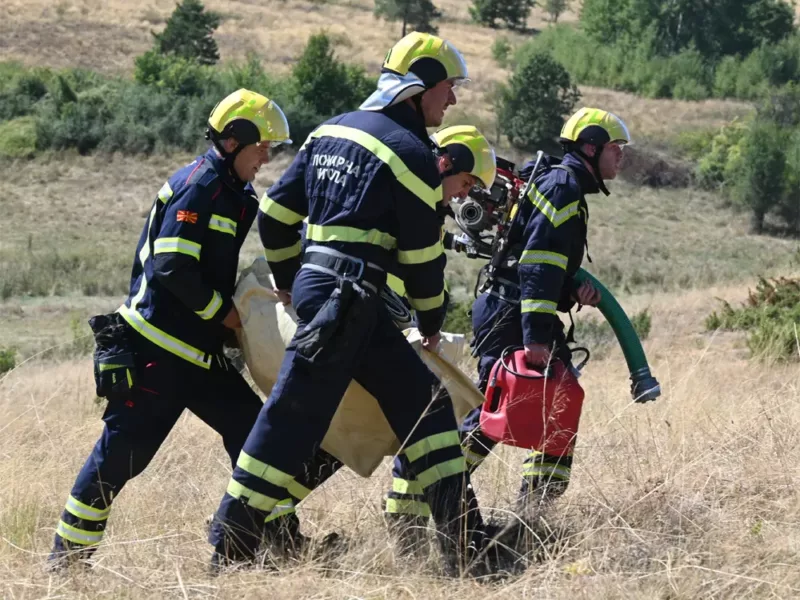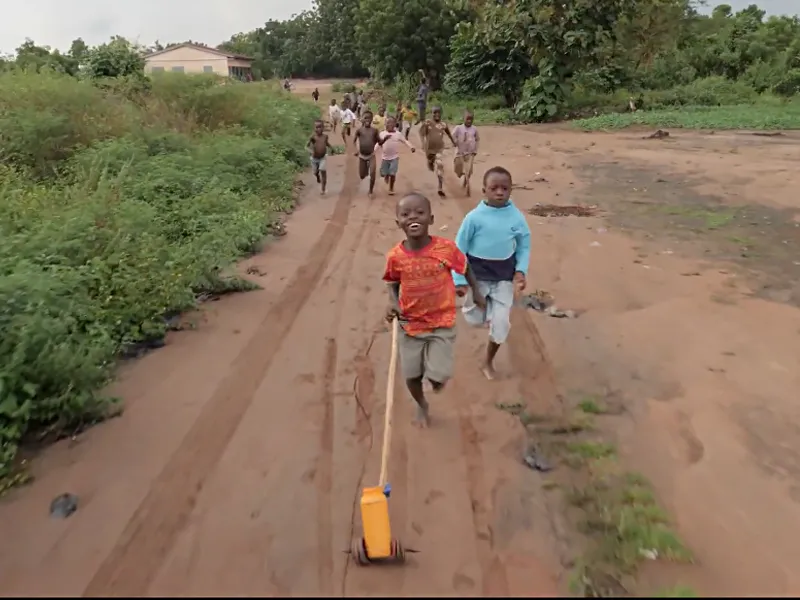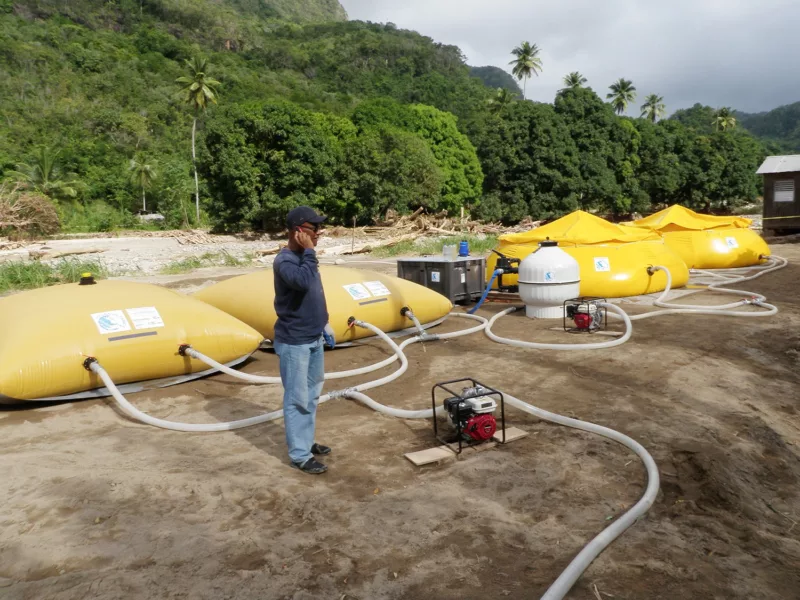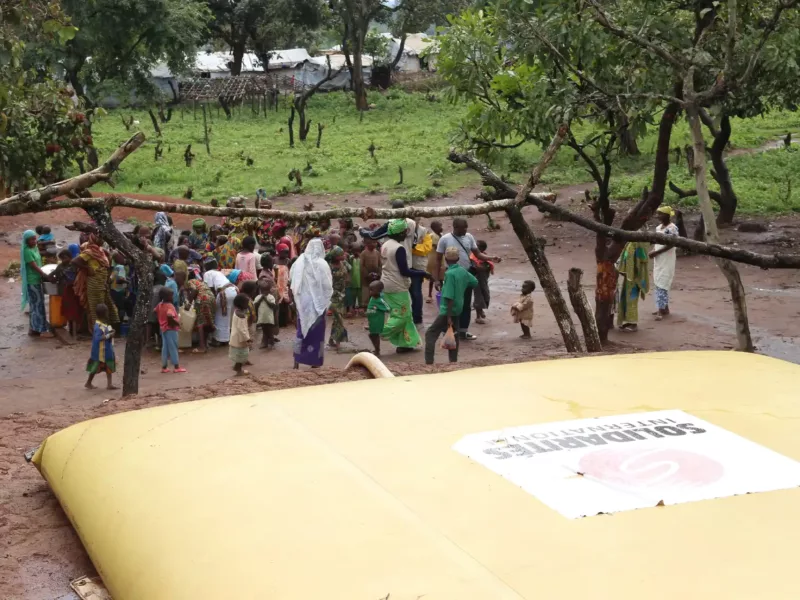OPERATION 2022: PROVIDING FACILITIES FOR NEW HYGIENE AND PUBLIC HEALTH HABITS
If the health crisis we have experienced (and are still experiencing) has taught us anything, it is the crucial role that local governments and water and sanitation providers play in a pandemic context.
Infectious diseases are responsible for almost a third of deaths in the South. Lack of access to WASH services in health and care facilities – as well as in households – has a direct impact on the prevention and treatment of disease.
While for us, access to a water supply for drinking, showering, hand washing, or flushing the toilet may be a simple matter, for more than 2 billion people it is not.
For this reason, at Labaronne-Citaf, we have decided this year to support our new partner, Hydraulique Sans Frontières, specialised in this field.
This is why Labaronne-Citaf values the importance of water, the source of life.
During the year 2022, a part of the sales made will be donated to Hydraulique Sans Frontières.
Our commitment since the beginning of our sponsorship operations: to make each sale an act of solidarity!
DWINDLING WATER SUPPLIES, BOTH IN QUANTITY AND QUALITY
The impact of human activity on water
Current global freshwater use is already close to the maximum sustainable level.
Human activities such as intensive agriculture, industry, deforestation and the destruction of wetlands are disrupting evapotranspiration (generated by plants and soil), which is damaging the vapour and condensation of water, and thus the precipitation process, groundwater recharge, river flow, etc.
In addition, pollution of both surface and groundwater has led to a deterioration in water quality. As a result, the world’s largest rivers – in Africa, Asia and Latin America – are increasingly polluted, directly threatening the health of more than 300 million people and indirectly affecting food production in many countries according to the UN.
The impact of climate change on water
While we have been struggling for several years to address the age-old problem of drinking water scarcity in the countries of the South, we now also have to fight against the acceleration of climate change. Human interactions on the water cycle are compounded by the effects of global warming.
Between the depletion of deep water resources, the multiplication and intensification of crisis phenomena (such as floods or droughts), the climate disruption of the last 20 years has impacted the hydrological cycle.
The importance of changing our water consumption habits
In view of the current state of water resources worldwide, scientific experts are clear: it is imperative to improve our management of these resources by optimising our consumption, reusing our wastewater, and preserving freshwater reserves and their ecosystems in order to promote the natural production of this precious resource.
